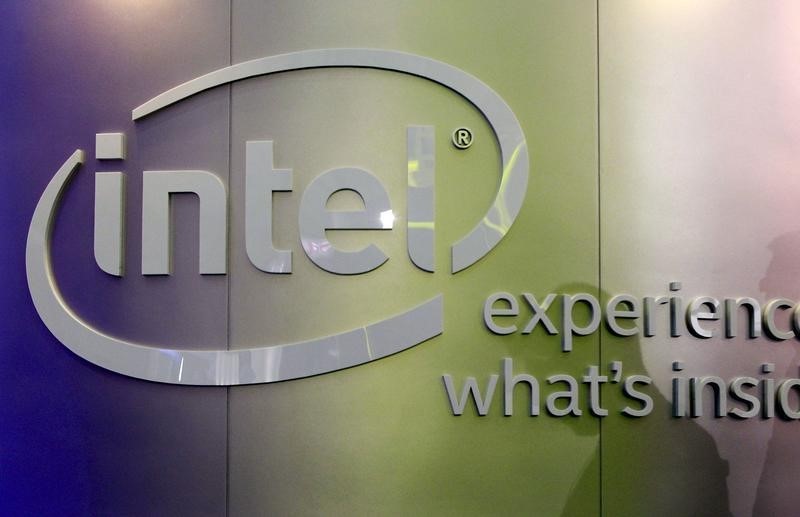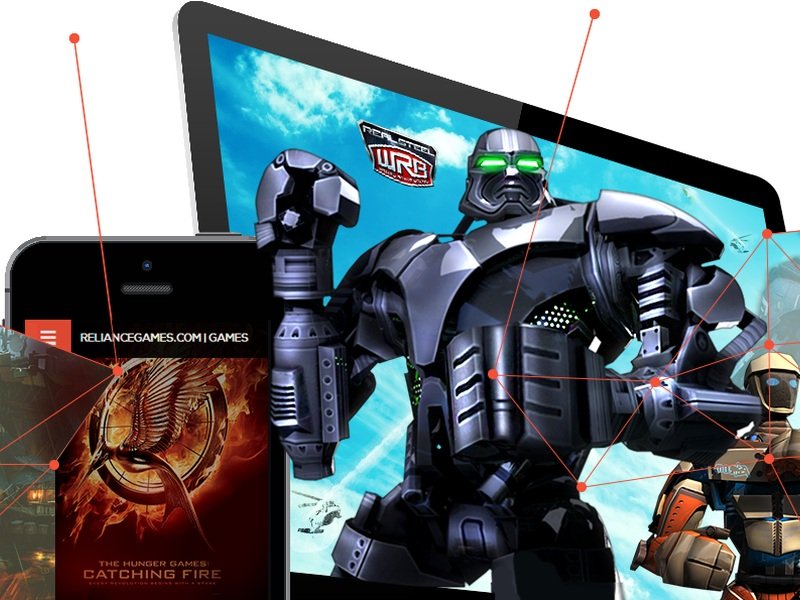
The massive shakeup announced by Intel reflects the rapid changes in the tech sector and aims to position the Silicon Valley titan for a post-PC world.
The chip-making giant on Tuesday said it was cutting up to 11 percent of its global workforce, or some 12,000 positions, to adapt to a slumping market for personal computers and rapid growth in emerging technologies.
Intel said the move aims to “accelerate evolution from a PC company to one that powers the cloud and billions of smart, connected computing devices.”
The move represents a new direction for one of the pillars of Silicon Valley, which for years dominated the PC sector as a key partner with Microsoft.
But both firms are now scrambling to adapt to a new reality “where refrigerators and cars and your whole house and highways and traffic lights are talking to the Internet,” said Roger Kay, analyst at Endpoint Technologies Associates.
Intel “got fat, dumb and happy like everyone else in the PC industry,” Kay said, before recognizing the shift to mobile and the “Internet of Things.”
Yet Kay said Intel’s move is a gamble because “their processors have to go into things that may not be invented.”
“Your strength is your weakness and your weakness is your strength – when you’re making money on PCs, it’s hard to go into a new area you don’t know,” Kay added.
Patrick Moorhead, analyst at Moor Insights & Strategy noted that Intel’s moves “are very reflective of what’s happening overall in the technology space – the PC-Internet model gave way to the smartphone-app model which is shifting to the IoT-cloud model.”
“Intel recognizes they need to move more quickly,” Moorhead said.
“Other companies like Microsoft have been moving in this same direction the past few years.”
The PC train wreck
Intel’s cuts were announced after surveys showed the deep slump for the personal computer market.
Surveys last week said PC sales fell for a sixth consecutive quarter, to levels not seen since 2007.
Gartner’s survey showed a 9.6 percent in global PC sales in the first quarter, while another report by IDC showed an 11.5 percent decline.
“This is a very aggressive course correction for Intel,” said Bob O’Donnell of Technalysis Research.
“There was some hope they would see a turnaround in PCs and now there is a recognition it’s not going to happen.”
Analysts say Intel is still delivering healthy profits, with strength in areas such as data centers, and that the latest change is aimed at keeping a leadership role in the sector.
In the past quarter, Intel reported a modest three percent rise in first-quarter profit to $2 billion (roughly Rs. 13,250 crores), with revenues growing seven percent to $13.7 billion (roughly Rs. 90,766 crores).
“Intel is adjusting to what they expect the future to be,” said O’Donnell.
“Regardless of the PC market, people are going to need chips for a long time and Intel is extremely good at doing that. But they need to focus on different kinds of chips.”
Joseph Moore, a Morgan Stanley analyst, offered a cautious outlook.
He said that 75 percent of Intel’s revenues still come from PCs and enterprise servers and “is in mild secular decline.”
Just nine percent is from the cloud, but is “lumpy” and “somewhat unpredictable.”
Kay said that inside the company, “it probably feels like a crisis,” but that these steps are needed to keep Intel competitive with rivals.
“They are taking prudent steps to ensure the business is viable long-term, but right now it looks pretty ugly,” Kay said.
Download the Gadgets 360 app for Android and iOS to stay up to date with the latest tech news, product reviews, and exclusive deals on the popular mobiles.














